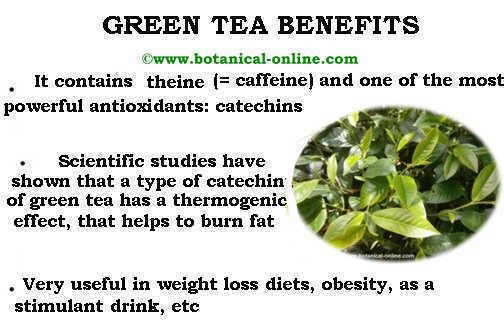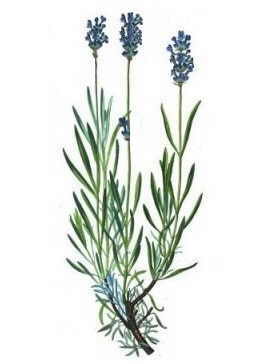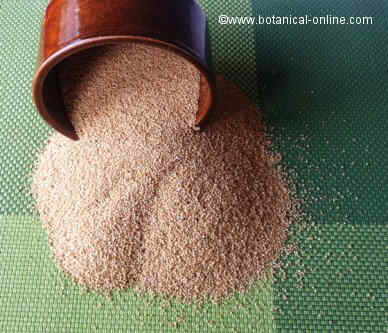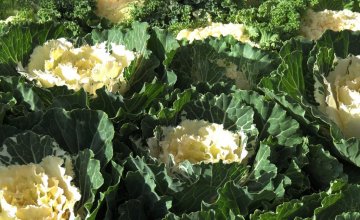Contents
CALORIES
Definition of calorie
The scientific definition of a calorie tells us that 1 calorie is the amount of heat necessary to heat 1 gram of water by 1ºC, from 14.5 to 15.5ºC, at sea level atmospheric pressure.

In a simple way, we can say that calories are the scientific way to express energy units.
Energy causes heat (hence the name “calorie”, from latin calor = heat, in english).
At a microscopic level, when a mass or material receives energy (from the heat of the sun, heat from fire, etc.), its atoms or molecules become excited (because of the movement) and collide with each other, causing heat.
For ease of use, the unit “calorie” can be abbreviated to “cal.” However, as we have seen in the definition, a calorie is a very small unit of energy, and to understand it we only have to imagine that it is the energy to heat 1 gram of water (just over 1 or 2 drops of water).
To measure the energy consumed by our body, or the energy provided by food, we use kilocalories, which can be abbreviated as kcal or Cal.
In addition to calories, it is important to know that there are other types of scientific units to measure energy. Among the most common are Joules. One calorie (cal) is exactly equivalent to 4.19 Joules (J).
What do we use calories for?
The energy that food provide us is calculated in kilocalories (kcal) and kilojoules (kJ).
Mainly, we use calories to:
- To calculate energy needs: “this boy must eat 2,000 kcal a day.”
- To measure the effort our body makes: “with this walk we have burned 200 kcal.
- “To measure the energy that food provides us: “milk contains 60kcal. per 100g.”
Calories in food
The human body gets energy from calories in food, or from food reserves in the body. For example, from the sugars in a fruit during digestion, or from body fat reserves during exercise.
Each type of nutrient provides us with a certain amount of calories. By choosing low-calorie foods, we can reduce the calories in our diet.
*More information: What are food calories? in the list below.
How are calories in food measured?
Calories in food are measured by calorimetry. To do this, the food to be analyzed is placed in what is called a bomb calorimeter, and the heat applied to the food and the energy that it releases when heated are measured. Knowing the grams of food that we have analyzed, the calories it contains are generally expressed in kcal/100g.
The result is what determines the energy value of food.
Calories in the body
The human body uses calories from food to live. The energy that the body needs to maintain vital functions (breathing, thinking, heartbeat, healthy organs, etc.) is called basal metabolism.
Because these functions are constantly performed, the body has quite high resting energy requirements (basal metabolism). It is estimated that 60-70% of the calories we eat are used to maintain these vital functions.
These requirements may vary depending on the condition of the person (if they are pregnant, for example), they depend on the age (adults do not have the same requirements as children), etc. *More information: Basal metabolism.
BASAL METABOLISM The human body uses calories to live, in what is called basal metabolism. For example, the body consumes calories so that the heart cells can work and deliver nutrients to the entire body, through the blood. Lungs also burn calories when they swell to take in oxygen. The brain is no exception, and even while we sleep, it expends energy to command body functions (making hormones, moving the intestines, thinking, etc.). Thus, the human body has numerous functions that require energy to maintain, due to the complexity of the human organism. The only way the body has to obtain energy and energy reserves is through calories from food. |
![]() More information on calories
More information on calories








